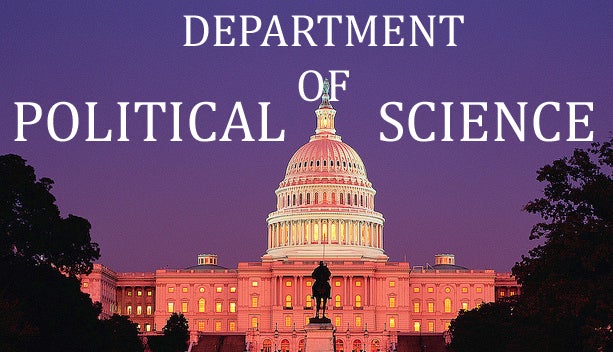Hugh M. Lee, “The False Claims Act and COVID-19: A Potential Avenue for Relief for Nursing Home-Acquired Infection and Injury?” 361 Elder Law Advisory 1 (April 2021).
This article is a follow up to one Prof. Lee did last year on state common law immunity from claims for COVID-19 infection and a subsequent presentation he did to the Alabama Bar in which he calls into question the governor’s use of authority under Alabama’s Public Health Emergency Act to grant immunity.
The article essentially addresses whether the Federal False Claims Act might provide a possible cause of action against nursing homes for COVID-19 infection and injury. Nursing homes have been granted broad immunity in most states from common negligence and malpractice claims under public health emergency statutes and state executive orders related to COVID. So the question many have been asking is whether these nursing homes, almost all of which receive federal funding, might be liable for failing to comply with rules and regulations related to Medicare and Medicaid under the False Claims Act.
